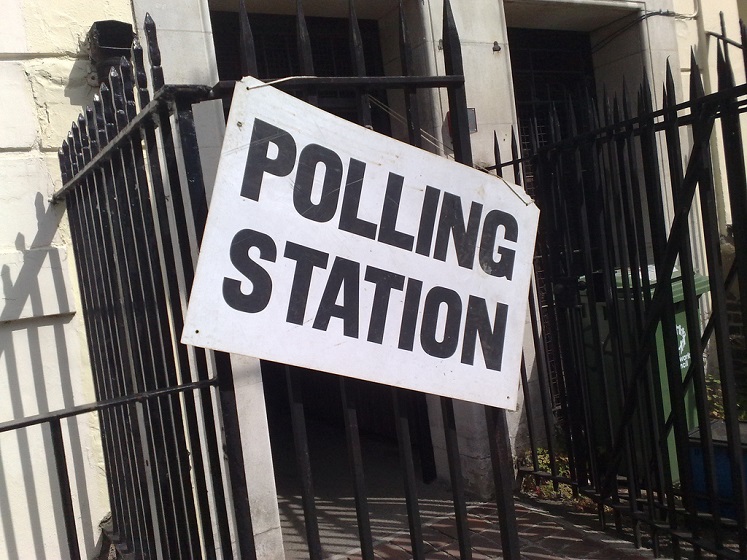 London crowds
London crowds
Immigrants who acquire British citizenship are more likely to identify as British, and show a fall in political engagement to levels that are typical of the native British population, research from the London School of Economics and Political Science (LSE) has found.
Surveying almost 1,000 immigrants at two different stages, before and after acquiring British citizenship, the research found acquiring a passport tended to increase the importance citizens placed on their British identity, but led to weaker political engagement. The findings challenge research showing new citizens are often more politically integrated than non-citizen immigrants after they have gained citizenship to their adopted country.
The paper, published in the Journal of Ethnic and Migration Studies, analysed a sample of 997 in both 2009-11 and 2014-16. Of those in the sample who responded to the survey at both stages, 407 acquired citizenship and 590 did not.
The author found that, net of other factors, immigrants who identify as British are 29% more likely to later acquire citizenship. After gaining citizenship, the new citizens attached greater importance to their British identity; with the importance of British identity increasing by 9.2% after gaining British citizenship.
The group of immigrants who expressed the least interest in politics were also more likely to acquire citizenship at a later stage. Among the new citizens, interest in politics decreased after they acquired a British passport, falling by 2.75% — 0.11 on a scale of 1 to 4 between the two stages of the study (from 2.26 to 2.15 on a scale of 1 (not very interested) to 4 (very interested)).
The drop in the political engagement of new citizens meant they are comparable to the low level typical of British citizens, whose average score on the same scale of interest in politics was 2.63.
In the article, Victoria Donnaloja of LSE’s Department of Social Policy and author of the research, writes: ‘the negative association between naturalisation and interest in politics for immigrants is compatible with the low political engagement of the British-born population.’
The decline in interest in politics after gaining citizenship could indicate the immigrants feel ‘disillusioned and disappointed by a political discourse that excludes them’, Donnaloja adds in the paper.
Victoria Donnaloja says: “These findings show that interest in politics declines after people have gained British citizenship, often to levels seen in the native population.
“This result may be because after acquiring a British passport, new citizens do not feel they have been accepted into their adopted nation’s political life in the way they had been expecting.
“However, the fact that the immigrants who gain citizenship identify as British and give a high importance to their British identity, suggests that citizenship is not acquired only for the security and stability it grants, but also for the validation it gives to long-term immigrants’ sense of belonging to Britain.”
How immigrants integrate into society and engage with civic life after they gain citizenship is a highly debated issue for countries with high levels of inwards migration, such as Britain. Around 123,000 immigrants acquired British citizenship in 2017, making the United Kingdom the second highest place among European countries for the number of people acquiring citizenship.